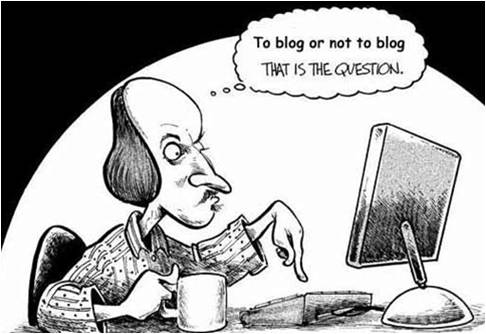Michelle O’Connor | Chief Copy Editor
Recently, we’ve been asked to vote for numerous things: the abolition of the Seanad (national), class reps (departmental) and the SU’s stance on certain issues (college-wide). The equal enfranchisement of people of ‘rational’ age has long been regarded as one of the most democratic functions of politics. It is regarded as the way to ask people how they want to be governed; it is their voice that is being heard. But is it?
In the national referenda, voters were given two options: abolish the Seanad, or don’t. What about those who would rather the Seanad be reformed? While this was the winning option available to voters in Trinity, this was not a nationwide voting option. Who determines the wording of ballot papers? Who is it that writes up the legislation? While we live in a so-called democratic world in which we all get a say – the say is the “public opinion”. Who are the public?
Anyone familiar with any sort of critical theory has most likely come across the name Jurgen Habermas. Habermas is the father of the philosophical term ‘public sphere’. This sphere is one which aims to better society with open and public debate. Theoretically, this debate is open to all, and no one is excluded. Yet, debate in society that shapes how people are governed takes place in a building that, for the most part, is impenetrable without a vigorous security check.
The whole premise given to students as a reason for students to put themselves forward to run as a class representative is that they are an intermediary between their classmates and the SU. But why should students, or anyone, need someone to represent their views for them? Are only those views voiced at Council the ones which should be taken into account? What about those which are written in articles in UT either online or in print?
SU Council is, according to TCDSU.org: “a forum for and provides for direct communication between students and their elected representatives… Discussion Items can be brought by any student to spark debate and discussion on any topic affecting students.”
Yet, when it boils down to it, it is the class reps, school conveners, members of the executive councils and sabbatical officers who can cast a vote. In a space which prides itself on being the space of open public debate, which counts more: the debate, or the vote?
We live in a world in which information is thrown at us from everywhere. The internet is the most prevailing form of information transmission in the twenty first century. Is someone who writes a personal blog, published online, participating in the public sphere? Should their arguments be taken into consideration as much as the arguments of a renowned journalist?
Are the issues raised by the writers of UT on equal footing as the issues raised in the comments section? The public sphere of old, was a physical place – intellectual debate took place in a specific room at a specific time, with only a certain calibre of person involved in the discussion. While this remains the case in political institutions, i.e; the Dáil, the ideas still spread. The Dáil has its own TV channel. Aren’t we lucky? In college, that space is at Council.
But the public sphere now goes beyond the boundaries of four walls. It is everywhere, and debate is almost instantaneous. The overall end hasn’t changed – public discussion occurs between everyone – but the means to where and how the debate happens have. People in Australia, Canada and Europe have access to the public sphere of Ireland, Britain and anywhere, really. And they can engage with the debate in any way they want. News is becoming more and more interactive with twitter, facebook, and the comments section on news websites such as this and TheJournal.ie. All those who read or comment are participating just as much as those who write and share the news. But are their opinions worth the paper they’re written on?
The “public sphere” is about open debate. While the publication of minutes of meetings is about including everyone within that debate, why is it that people must voice their concerns through the mouths of others? If a comment on an article is engaging with the written word, the public sphere is in effect. Just because the commenter isn’t a journalist doesn’t mean that they’re not contributing. With the advent of the internet has come the widespread dissemination of information and ideas. The publication of ideas is no longer an elitist endeavour; the internet is for everyone, and we’ve embraced the new “public sphere”.







